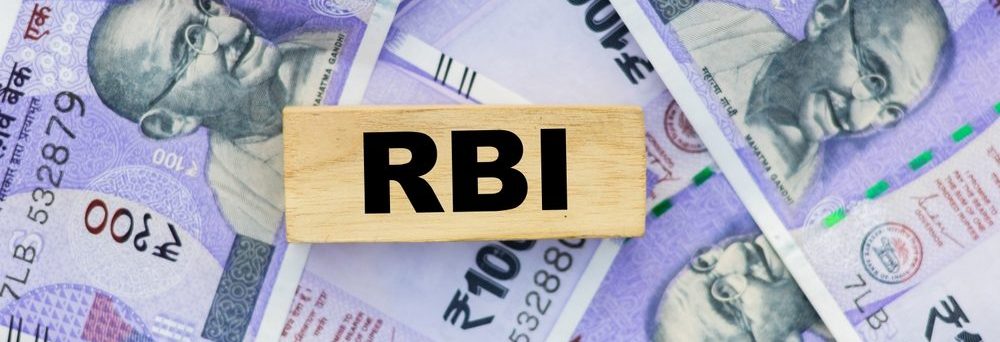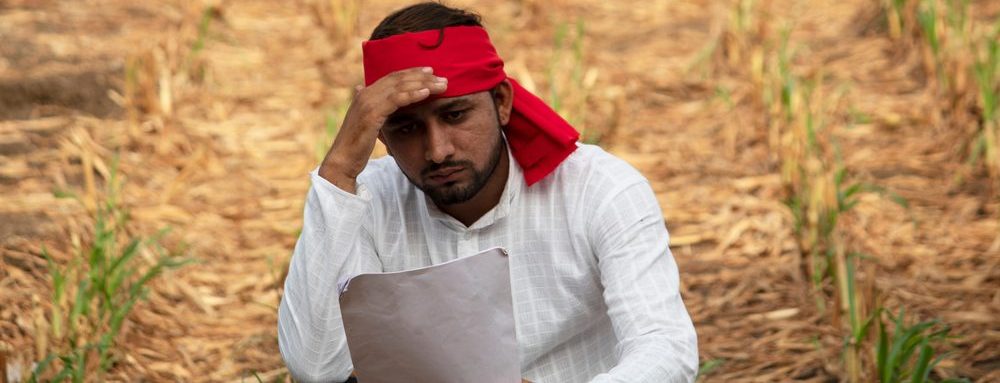India’s Most Recent Microfinance Crisis: Theory, Empirics & Learnings

In the paper, we lay out a theoretical frame for thinking about microfinance crises. The theoretical frame draws from Hyman Minsky’s 1977 work on financial instability, and layers over it a cultural reasoning that recognises overlending and overborrowing as cultural traits that sometimes takes hold of microfinance markets.
Assessing the Borrower-Level Impact of the Insolvency and Bankruptcy Code: A Study of the Fresh Start Process

This paper focuses on Part III of the IBC, which deals with natural persons, proprietorships, and personal guarantors for corporate debt.
Emerging Trends and Shifts in Microfinance

This study sought to understand the impact of the new regulations on the microfinance sector through the lens of different categories of stakeholders – customers, leadership at microfinance institutions (MFIs) and intermediating staff.
How Should the RBI Respond to the Microfinance Crisis?

Debt distress among microfinance borrowers is on the rise, sufficiently so that it may be characterised as a crisis for the sector. This is driven by factors across the supply- and demand-sides, as well as factors inherent in the nature of the credit cycle, where periodic booms and busts have been present throughout history. To address this, we propose two sets of recommendations for the regulator: a set of recommendations that can be initiated in the short-term and another set that can be initiated over the medium-term.
Submission by Dvara Research to the Ministry of Finance as part of Pre-Budget Consultation with the honorable Finance Minister Nirmala Sitharaman, Jan 2nd 2025

The Government of India called for pre-budget consultations in early January 2025. Dvara Research was one of the invitees, and we are once again grateful to policy makers for reposing trust in our work. In the past as well, Dvara Research has been a partner and advisor of choice for key policy-making bodies in the country.
How rural households manage their financial lives- Insights from the NAFIS Report 2021-22

This blog presents key insights from the second round of the survey report, NAFIS 2021-22, and finds that the rural households’ investment portfolio continues to be dominated by physical assets, which is in contrast with the predominance of formal debt on the liabilities side of the household balance sheets.
Exploring the Phenomenon of Debt Distress and Possible Solutions

This chapter emphasises the realities of the sector that create a feedback loop, where lenders are incentivised to over-lend and borrowers to over-borrow, until crisis intervenes as a necessary and often tragic correction
Fresh Credit Decisioning Ideas Needed For Final Push Towards Financial Inclusion

For two decades, India has doubled down on the policy prescription of providing financial ‘last-mile access’ to its rural and poor citizens. Has the effort succeeded? It depends on who you ask.
Assessing the Borrower-Level Impact of the Insolvency and Bankruptcy Code: A Study of the Fresh Start Process

The 2016 Insolvency and Bankruptcy Code (IBC) is a landmark legislation with the potential to impact every borrower. This paper focuses on Part III of the IBC, which deals with natural persons, proprietorships, and personal guarantors for corporate debt. Through the paper, we attempt to estimate the potential consequences of the Fresh Start Process (FSP) defined under this Part. The IBC lays out economic criteria that can qualify (or disqualify) an applicant for FSP. Under FSP, a borrower must be asset-lite, have a low income, and hold minimal outstanding debt to qualify. These thresholds determine the applicability of the process once the IBC is fully notified. Thus, empirical estimates regarding the effects of the provisions on the Indian credit market are crucial to deciphering the impact of the IBC, more specifically, the FSP.
Let’s not conflate microfinance with self-help-group financing
The microfinance industry has witnessed moves by the Reserve Bank of India (RBI) to revise the regulatory framework (March 2022) for it and also caution it against an exclusive focus on business growth (November 2022).

